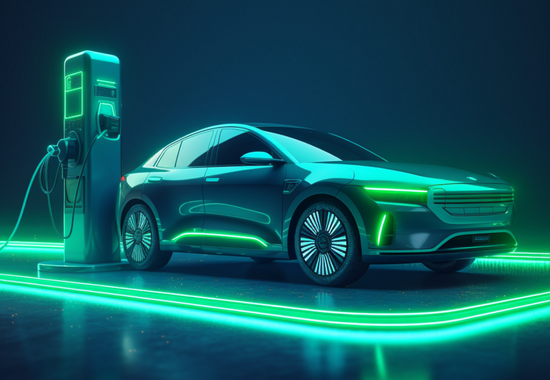Traditional carmakers such as Toyota and Volkswagen are losing ground in EV software development, not only to Tesla but also to cheaper Chinese competitors. This threatens their profitability in the era of electric vehicles. The latest ranking of the digital performance of automakers by consultancy Gartner shows that only three traditional manufacturers (Ford, GM and BMW) appeared in the top 10, while Chinese brands such as Nio and Xpeng or US start-ups such as Tesla, Rivian and Lucid took the top spots.
Challenges for traditional carmakers
The transition from a focus on the engine to software as a key element of cars has been difficult for traditional car companies. Software no longer controls just basic functions, but also batteries, safety features, autonomous driving technology and connectivity. Volvo, for example, has faced delays in developing its new EX90 electric car, which includes advanced software and Nvidia chips, but lacks some features they plan to add in future updates.
Renault, which plans to launch its first software-defined EV in 2026, estimates that software could account for up to 40% of vehicle profits by 2030, up from 10% currently. However, for software development, car companies also need experts from outside firms such as Apple and Google, which brings cultural differences and internal tensions.

Financial and organisational barriers
Financial and organisational factors are also related to software development problems. Toyota, which has experienced major losses in its Woven software division, plans to launch new Arena software next year, but without effective management it risks losing market share. According to Gartner analyst Pedro Pacheco, executives at large automakers are not fully committed to the software transition.
For carmakers, software represents an opportunity to increase profits through data collection and subscription services such as insurance, service and repairs. It is estimated that by 2040, digitalisation could generate up to 40% of automotive revenues. An example is Stellantis, which plans to earn up to $22.4 billion a year from sales of software products and subscription services.

Although software development is expensive and challenging for automakers, software can reduce repair costs and foster customer loyalty. Volvo believes that the initial investment in advanced software will pay off because vehicle performance and safety can be continuously improved.
The Slovak Electromobility Association closely follows developments in the electromobility sector in Slovakia and abroad and informs its members and the professional public about major milestones in the green transformation of transport – not only on the road, but also in factories. This topic is covered in more detail in the Financial Times.